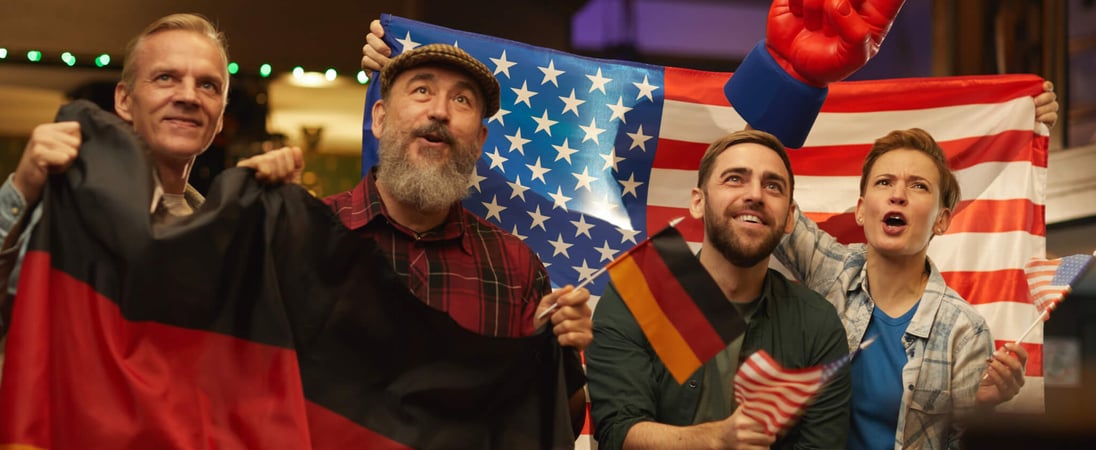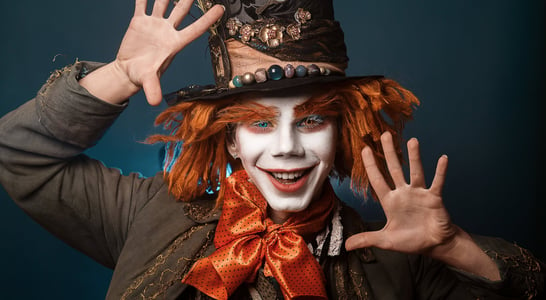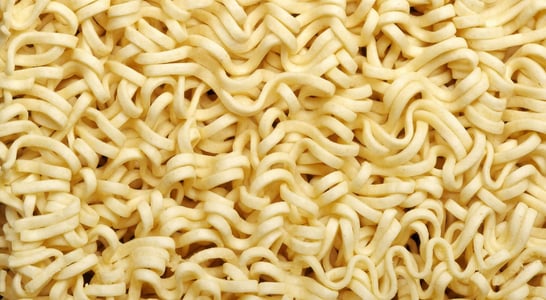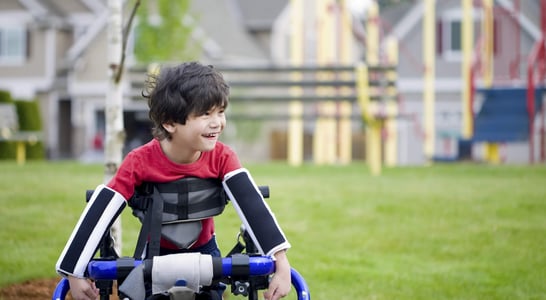
National German-American Day
Rich heritage thrives, blending Old World traditions with New World spirit, weaving a cultural tapestry enduring.
Show some love and appreciation for some of the most interesting cultural and language influences that have come through German immigrants and the German-American culture that is so present in the United States. Participate with many fun activities and learning opportunities for National German-American Day!
History of National German-American Day
The background of German-American Day can be traced all the way back to 1683 at the time of the founding of Germantown, Pennsylvania. This settlement of fifty-four families in what is now the greater Philadelphia area, was started for a group of German-Americans who desired religious freedom. Even today, more than 300 years later, the number of Germans in Pennsylvania is larger than any other state in the US.
In 1883, the first “German Day” was celebrated in honor of the 200th anniversary of the settlement of Germantown. This was celebrated each year for a while, but by the early 1900s this tradition faded out with the conflict of World War I in Europe.
Then in 1983, for the 300th anniversary of the German settlement in Pennsylvania, US President Ronald Reagan made a proclamation for National German-American Day to be celebrated. The purpose of the day was to recognize the important impact that German-Americans had made on the United States.
Many people also consider the month of October to be German-American heritage month, offering thirty-one whole days to appreciate this important cultural impact and influence. This is not only a time for people with German ancestry to celebrate their roots, but for anyone to learn and engage a bit more with the story of German immigration and the way it has impacted American culture.
National German-American Day Timeline
1683
Germantown is founded
Fifty-four German families settle in Pennsylvania in what will eventually become part of Philadelphia.[1]
1883
German Day is celebrated
On the 200th anniversary of the settlement of Germantown, “German Day” is celebrated, but then dies out in light of WWI.
1983
National German-American Day is proclaimed
US President Ronald Reagan proclaims this day to celebrate the 300th anniversary of German immigration and culture in the US.[2]
1987
National German-American Day approved by Congress
Four years after its founding, this day is approved by Congress and has been celebrated annually ever since.[3]
How to Celebrate National German-American Day
Get involved with fascinating cultural connections by celebrating National German-American Day with some of these interesting ideas:
Plan to Visit the German-American Festival
An excellent way to get involved with German-American Day is to go to where everyone is celebrating this culture and people! Enjoy the event by making travel plans to visit the town of Oregon, Ohio (near Toledo) during the last weekend of August. Bring the family and enjoy authentic German food, beer, entertainment and cultural activities at the largest and oldest ethnic festival in the area. This event promotes the German and Swiss cultures by generating revenue for the cultural center and programs in the area.
Learn Some German-English Words
One fun way to enjoy and celebrate National German-American Day might be to show appreciation for the cultural heritage by remembering some English words used in the US that come from German roots. It’s a fun way for a lover of words to enjoy some modern vocabulary while also learning something about the language background. Consider some of these word with German roots to get started:
-
Doppelganger
A non-biological lookalike, this fun German word literally means “double walker”, indicating a ghost or shadow of oneself
-
Kindergarten
Many people are so accustomed to this word that they don’t realize it’s literal meaning in German is “children’s garden”
-
Hinterland
This beautiful word conjures up images of vast expanses of undeveloped backcountry
-
Wanderlust
Now used by more English speakers than Germans, this word is translated from “wandern” meaning the enjoyment of hiking and “lust”, which means desire
Enjoy Some German American Foods
An excellent way to celebrate any culture is by enjoying some tastes of their different styles of foods. When it comes to National German-American Day, the foods to try are surely some bratwurst sausages with onions and peppers, large soft pretzels with mustard, and German potato salad. Try some plum kuchen for dessert and the adults should be sure to wash it all down with a hearty German beer!
Join a German Cultural Society
Get more involved with this unique culture, not only on National German-American Day but all throughout the year! Connect with a local chapter of a club, such as the German American Cultural Society which has locations in a number of different cities throughout the US. Clubs may include activities such as cultural dinners, German culture festivals, German style dancing, and other special interest groups for those who want to invest more in German-American culture in their local area.
National German-American Day FAQs
How did Germans influence American culture?
Germans brought traditions like Christmas trees, foods like bratwurst and educational ideas like Kindergarten to American culture.[1]
How do you say “American” in German?
In German, the word for American is “amerikanisch”.
Are burgers American or German?
Although the word “hamburger” likely originates from the German city, Hamburg, many people think they originated in the US through German immigrants.
Can you have German and American citizenship?
Yes, in certain cases it is possible for a person to have dual citizenship with German and the United States when obtained by birth.[2]
Other exciting events happening throughout the year that are perfect for celebrating German culture and influence include German Beer Day in late April, German Butterbrot Day toward the end of September, and National Kraut and Frankfurter Day celebrated in February.
Also on ...
View all holidaysNational Mad Hatter Day
Celebrate silliness on this day devoted to John Tenniel’s Mad Hatter from Alice and Wonderland by getting weird, hosting an afternoon tea, and enjoying life.
World Architecture Day
Take a tour of some of your local works of interesting architecture, from skyscrapers to modern homes, and learn about famous architects like Frank Lloyd Wright.
National Noodle Day
Spaghetti, ramen, ziti, egg noodles…most of the best foods are noodles. Try a new kind today, or go out and treat yourself to one of the world’s favorite dishes.
World Cerebral Palsy Day
Join or host an event, or donate your time or money to understanding cerebral palsy and supporting research and resources for this sometimes debilitating disease.
We think you may also like...
Asian American and Pacific Islander Heritage Month
Get familiar with the history of Asian Americans and Pacific Islanders in the US, or join an event to celebrate your heritage during Asian/Pacific Heritage Month.
International Day of the African Child
Highlighting the importance of education and raising awareness about challenges faced by young people in diverse regions.








